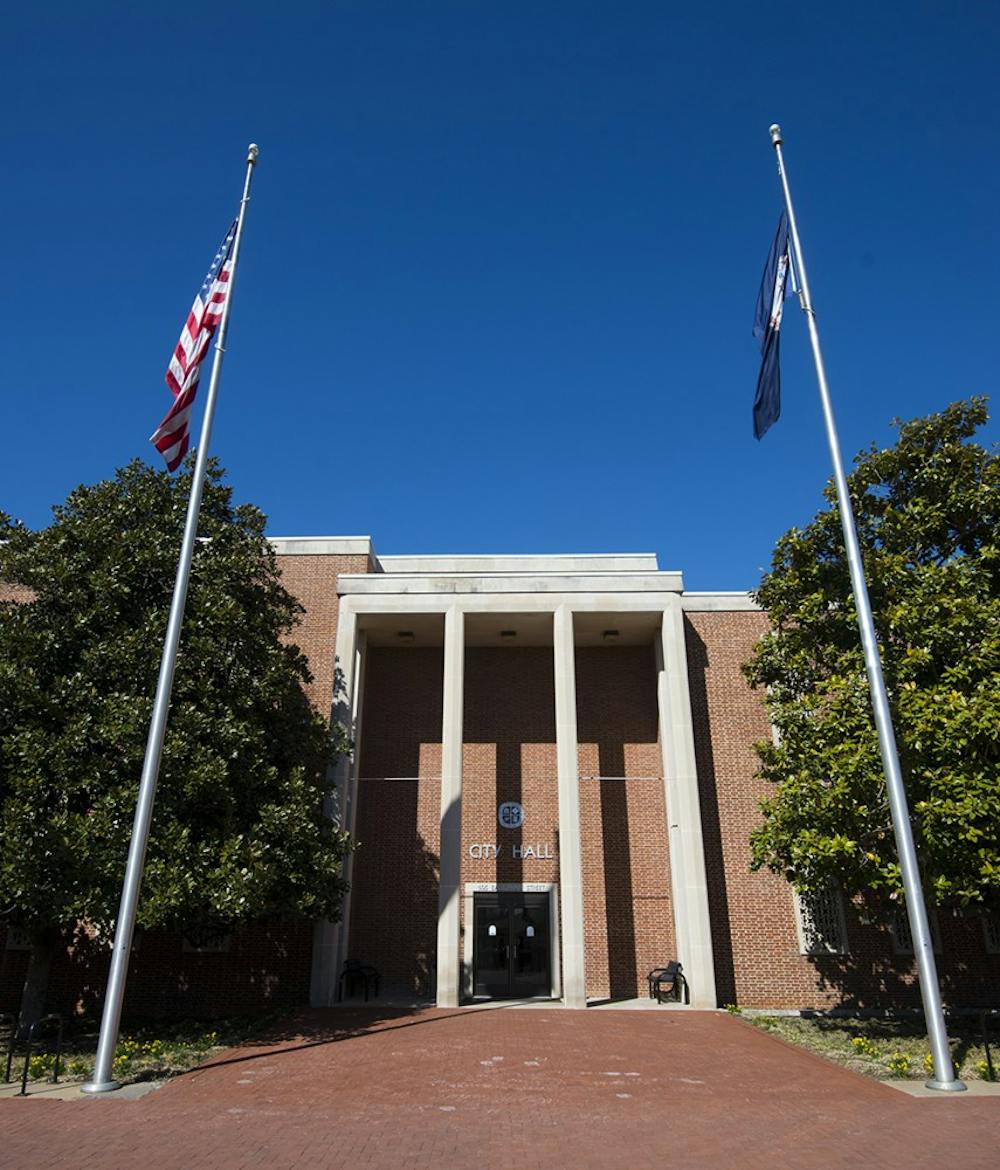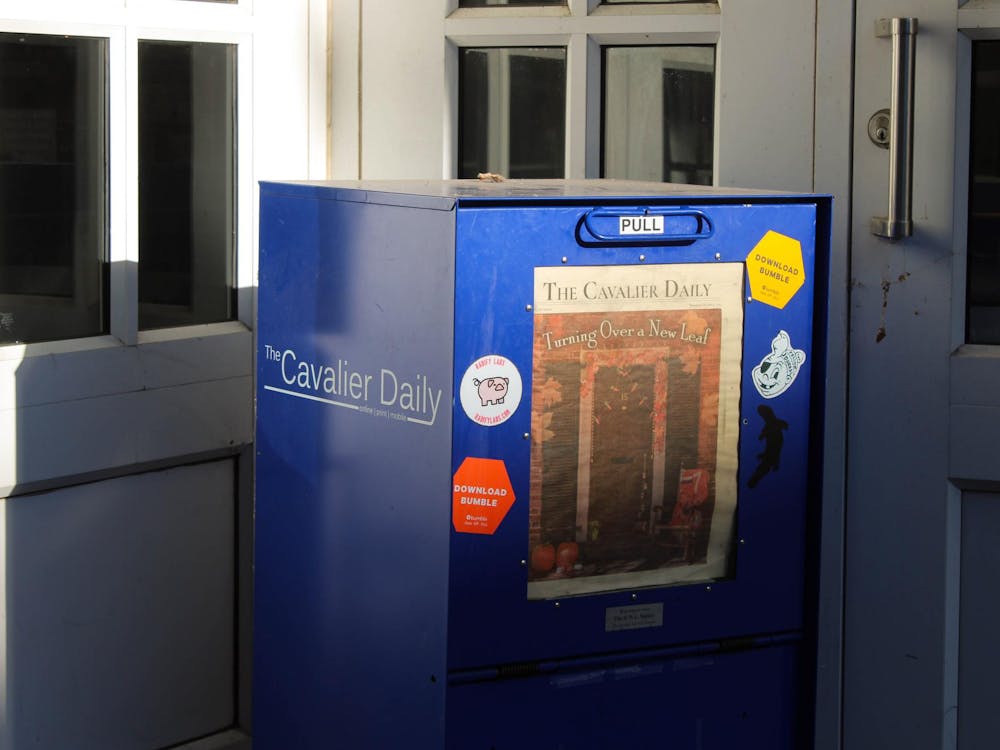The Charlottesville City Council revised its public comment policy in the spring, and several community members and advocacy groups are questioning the changes.
Speakers during the public comment section of council meetings are required to sign up to speak to the council in advance. Up to 12 speakers can speak for a total of three minutes each before the general meeting, and there is no restriction on people who can speak after the meeting.
The policy also changes the standard for people who wish to make dissenting remarks — some of which include campaigning for public office, using profanity or vulgar language or interrupting other speakers. If speakers fail to acknowledge or follow these rules, they can be escorted out of the meeting.
An online petition has now been drafted by members of the community to alter the changes made by City Council, calling upon the council “to allow people with dissenting views to be heard in Council chambers and to vacate new meeting procedures put into place in February 2016.”
The petition — which has gathered 77 supporters — argues the policies “were designed to put a higher value on efficiency and decorum over an open and free exchange of ideas.”
City Council held a hearing on the policy at its Sept. 19 meeting.
“The citizens of the City of Charlottesville have expressed concerns about the implementation of a lottery system that was used for the past six months by City Council,” Sue Lewis, speaking on behalf of the Charlottesville Human Rights Commission, said. “The implementation of this new process, based on one work session and one reading without public hearing and essentially ruling by resolution did not allow any input by the citizens who elected you through a democratic process.”
If more than 12 speakers are signed up to speak at council meetings, they are entered into a lottery system that chooses who will be allowed to give public comment at hearings.
Nancy Carpenter, who said she supports what Lewis said, also stated she was not in support of the public comment policy.
“I am against the adoption of this public procedure,” Carpenter said. “Tonight, you only had two people who went through the process and there were 30 slots that were not filled throughout the trial period of individuals that may have wanted to participate and didn’t. So you may have missed some very valuable comments.”
Both Lewis and Carpenter were just a few of the several people who came to speak on the policy changes.
Although there has been much public concern for this policy, there are still other opportunities that would allow time for public comment in meetings.
“They can sign up for the public comment periods for specific agenda items that typically are going to have a lot of discussion on from council so there is a designated comment period so council can hear opinions on that agenda item right before they debate,” Maeve Curtin, third-year College student and City Council student liaison, said. “Those specific public comment periods still have the same rules in terms of time.”
Mayor Mike Signer went on to say that over those past six months of having the policy in effect, there were a total of 125 people that came to comment. He also added that 110 people came to speak in the six months before the policy was enacted.
“Going into this, every City and County in Virginia tries to figure out what the right system is and Richmond City, for instance, only allows pre-registration for slots,” Signer said. “There are lots of different cities that have tried to figure out what's the right balance. How do you do it? The one thing I will say about this current system is that it allows for real vent for when there is fast breaking stuff occurring that day.”
City Councilor Kathy Galvin also said the rules have helped to support efficient meetings.
“I think there is a lot of value in having a well-run meeting,” Galvin said. “I think we need to maintain that kind of discipline.”
City Councilman Bob Fenwick has become an opponent of the policy and agrees that it is a violation of the First Amendment.
“The current mayor, Mike Signer, is seeking to control and manage public speech and the
community has in the not too distant past enjoyed great latitude in what they can say and
when they can say it,” Fenwick said in an email statement. “After all we have a 'Free Speech' Wall just outside of City Hall with the words of the First Amendment etched into it and we have James Madison, the author of the free speech amendment, as one of three bas relief figures on the corner of City Hall.”
The policy will continue to be in effect, but the council will still listen to public comment on this issue. No vote has yet been taken to change or alter the policy.







